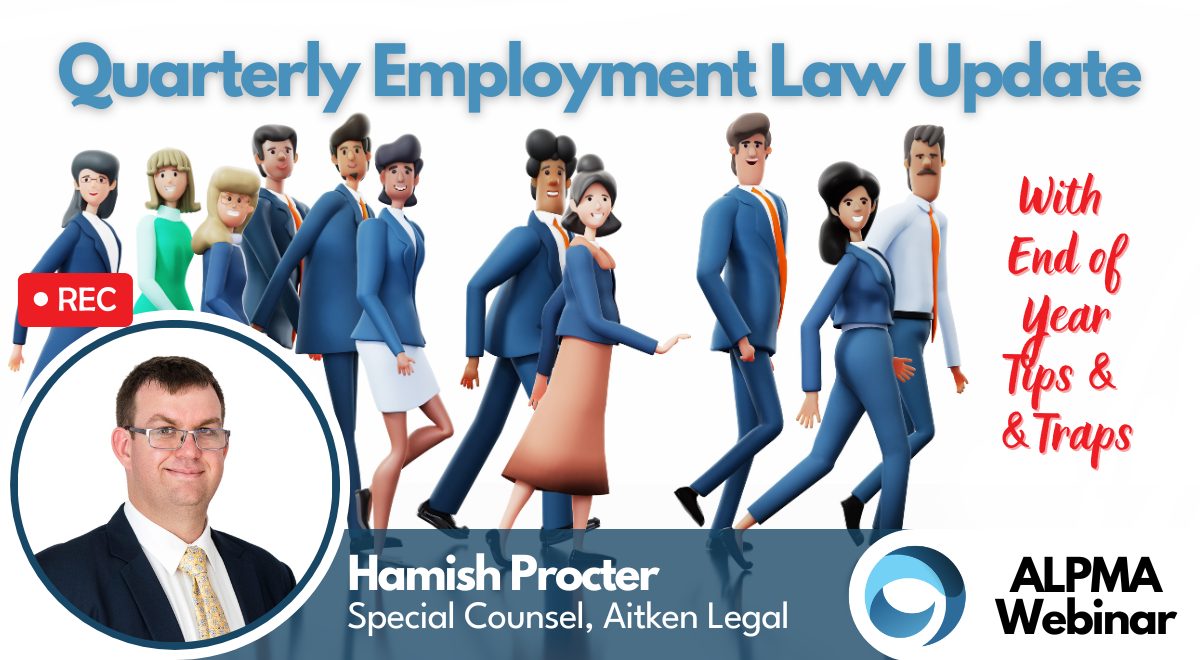As businesses seek to attract and retain top talent, understanding the diverse needs of a multi-generational workforce has become crucial.
Law firms, like many organisations, face the challenge of balancing work preferences, retention factors, and management styles that resonate across four different generations: Baby Boomers, Generation X, Millennials, and Generation Z.
In a recent conversation between Catherine Kennedy, NSW Managing Director at people2people recruitment, and Marketing Manager Remi Marcelin, they explored the nuances of how retention factors differ across generations based on people2people’s latest workplace survey.
Remi noted that for Generation Z, who are typically in the early stages of their careers, “career opportunities and salary will be the strongest focus.” This generation is highly motivated by clear paths for advancement and competitive pay, making career development a top priority for employers looking to attract and keep them.
Moving up the age ladder, Millennials, who are often balancing career growth with family responsibilities, tend to prioritise work-life balance. “Millennials might be transitioning into parenthood or seeking more flexibility to maintain a comfortable lifestyle,” said Remi, highlighting the importance of offering benefits like remote work options and flexible hours to meet their needs. For Millennials, flexibility in how and where they work can often be as important as salary or career progression.
On the other hand, Generation X—those in their 40s and 50s—are likely to be more established in their careers and may prioritise management trust and stability over climbing the corporate ladder. As Catherine observed, “Employees in more senior roles value a sense of trust and autonomy from their managers,” a key retention factor for this group. While career progression still matters, it becomes less of a priority compared to trust in leadership and the opportunity to make meaningful contributions.
Lastly, Baby Boomers focus more on the quality of work life and whether their roles provide a sense of purpose. Remi pointed out that for Boomers, “It’s less about career opportunities and more about whether their managers trust them and if their work has impact.” Employers can engage this generation by creating roles that provide autonomy and allow them to pass on their knowledge and expertise to younger employees.
At the end of the day, regardless of generation, success comes down to understanding your people from the very start of the recruitment process. Building strong relationships and continuously engaging with employees is key. By staying in tune with their evolving needs and life changes, law firms can better support and manage their workforce throughout their career journeys. This ensures employees feel valued, supported, and aligned with the firm’s goals, creating a more committed and engaged team.
Recruitment and Retention Strategies for a Multi-Generational Workforce
Understanding these generational preferences allows law firms to tailor their recruitment and retention strategies accordingly. Here are some specific tips:
- Flexible work arrangements:
Offering a mix of in-office and remote work options can appeal to a wide range of employees. While Baby Boomers might prefer more traditional office settings, Millennials and Gen Z tend to value the flexibility of working from home. As Remi noted, “One in three Baby Boomers prefer being in the office every day,” but the younger generations are more likely to seek a balance between remote and in-office work.2.Career development opportunities:
For Gen Z and Millennials, career progression is critical. Providing mentorship programmes, clear career pathways, and opportunities for upskilling will help retain younger talent. Remi emphasised that “career opportunities and salary will be the strongest focus” for Gen Z, which means firms should actively support their professional growth to keep them engaged.3.Building trust through leadership:
Establishing trust between management and staff is crucial for Generation X and Baby Boomers. Catherine highlighted the importance of trust, noting that “employees in more senior roles value a sense of trust and autonomy from their managers.”
4.Tailored benefits packages:
Consider offering personalised benefits to appeal to different life stages. People nearing retirement may prioritise healthcare benefits or retirement planning, while new parents might be drawn to parental leave and wellness programs. For those early in their careers, support such as professional development opportunities and financial benefits like student loan assistance may be more appealing.
By recognising the unique preferences and priorities of each generation, law firms can create a more inclusive and effective strategy to attract and retain top talent across their workforce.




